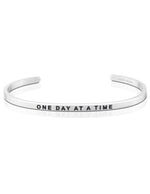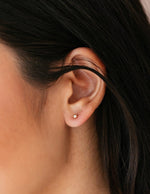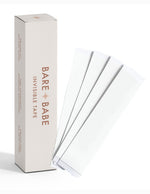
To wash or not to wash? That is the question when it comes to life with oily hair. Anyone who skips their daily shampoo and looks like they got caught in the rain can tell you, trying to bring a boost of freshly washed health to your hair can be tricky. While the modern hair market may boast a plethora of products for frizz and dryness, oily hair help (just like your mane itself) can be a little on the thin side. Short of stocking up on a variety of hats and hiding under a cloud of dry shampoo, what’s an oily haired gal to do? These tips could be just the ticket to getting your bonce beautifully back in shape, check out how to get rid of greasy hair for good…
How To Deal With Oily Hair
Just wash your hair and the oil will go, right? Not at all. Anyone who has to deal with the hair problem of an oily scalp knows it's not that simple. The last thing you want is to strip your hair of its natural oil production as this is super important for keeping your head and your hair in healthy condition. Oily hair can lead to an itchy scalp, dandruff, and even seborrheic dermatitis. Sorting out your scalp and sebum production issue is about more than beauty; it's about getting your hair and scalp in healthy balanced shape. From harmonious hair home remedies to pro care tips, here are all the ways you can deal with oily hair problems.
1.Wash More Often
A good shampoo on a daily basis can help to remove debris and product buildup. When shampooing try not to aggressively scrub the scalp as this can encourage the oil glands to go into overdrive.
2. Reduce Washing Frequency
While this may seem like all over the place advice, depending on your hair type the everyday wash policy may not work for you. Washing every day can strip your hair of its natural oils and its natural ability to self-regulate. When your hair is stripped of its own oils it tends to go into overdrive, producing even more oil to keep your scalp from going dry. To combat this you may want to skip a shampoo or two every week, washing 5 days instead of 7 etc. Those days you don’t wash will feel frustrating but you are playing the long game for better regulation.
3. Condition the Ends
A smidge of conditioner (if any at all) is how you want to approach conditioning greasy locks. Make sure that you are only conditioning the ends of your hair rather than rubbing conditioner into the scalp as this will only add to the build-up that can make your head appear oilier. Make sure you thoroughly rinse your hair afterwards.
4. Know Your Products
Pick your haircare products wisely when it comes to choosing which shampoos and conditioners you want for your hair. If you have been using shampoos geared towards lots of juicy moisture you may want to select something that serves up a less slick approach. The same can be said for products labeled anti-frizz or geared towards making your hair shine. Shampoos formulated with clays, lemon, tea tree, sea salt and oats can all work wonders on your hair.
5. Grab the Dry Shampoo
For those days when you are rushing around and need a quick fix or on your non ‘poo days you can turn to the wonders of dry shampoo and oil-absorbing sheets. Dry shampoo is a greasy hair dream thanks to its dry powder spray that can make oily hair seem fresh in seconds. Spray it on the roots, let it sit for a few minutes and then brush your hair to evenly distribute. You may have heard of oil blotting sheets for skin, but they are also available for hair care and have been designed for those who don’t want to deal with dry shampoo. While dry shampoo can be fabulous for those days when you can't fit in a hair wash, it does come with the downside of building up product in your hair and bringing a gritty feel.
6. Stay Simple
Hair straighteners, overloading with products, teasing with fingers and constant brushing – all this adds up to your hair producing seemingly endless levels of serum. If you want to extend your hairs matte health then keep things as natural and simple as possible.
7. Style it Up
Greasy hair can be at its most obvious when you wear it loose and low. For those looking to style it up when it comes to their oilier hair days, you can opt for impressive braids and plaits or even a high ballerina bun. While your scalp may look a little unkempt, you are working with what you’ve got and making that look seem intentional rather than the bane of your life. Plus, there are some cute scrunchie hairstyles that will fool anyone into thinking that you totally meant to have your hair pulled back. Be aware that constantly pulling your hair up can add to the grease so maybe opt to leave it loose and free on those wash days.
7. Stay Simple
Hair straighteners, overloading with products, teasing with fingers and constant brushing – all this adds up to your hair producing seemingly endless levels of serum. If you want to extend your hairs matte health then keep things as natural and simple as possible.
8.Use Coconut Oil
Coconut massages may do your hair better than opting for product pile-ups. Give your scalp a deep coconut oil massage next time you do a home hair treatment. Not only can coconut oil take away the oil build up on your scalp and roots, but it also awesome for thirsty hair that needs a good dose of hydration that won't leave it slick and heavy in the long run.
9.Make Your Own Dry Shampoo
If you prefer to know what goes into your haircare products, you can also make your own dry shampoo too. Baby powder can be an excellent alternative to dry shampoo as is cornstarch and even baking soda. For those with darker locks who want to avoid the dandruff-like look, you can add a pinch of cocoa powder to darken the powder.
10.Get an Apple Cider Rinse
Sharp, tangy, and an all-around beauty winner, we love apple cider vinegar for a million different reasons. One of these reasons is when it comes to a hair-rinse. Dilute some apple cider vinegar with water and after shampooing, give your hair and scalp a rinse. This should clear away any leftover hair products and help your scalp to balance out its PH levels.
11.Add a Little Tea Tree Oil
Rather than shake some essential oil on your head, find a shampoo that comes with tea tree oil added to the ingredients. Tea tree oil can be super soothing and has a ton of antibacterial properties too. This zesty little liquid can cut through hair grease, reduce itchiness, and even help to get rid of dandruff and other sensitive scalp issues too.
12.Use Witch Hazel
While we may associate witch hazel with helping heal cuts and scrapes, this savvy sensitive solution is also awesome for excess sebum and oily hair. It gets to work reducing itchiness and helping heal dry skin on the scalp. It also helps to close oil-producing pores and sorts out your PH balance.
13.Brew Up Some Green Tea
Green tea is brimming with benefits. Along with being full of antioxidants, green tea extract can also help get your sebum production under control and is loved by dermatologists as it keeps skin super healthy. Next time you are perusing the oily hair shampoo be sure to pick one up with green tea extract in it.
14.Keep Your Brushes Clean
Constantly brushing your hair can spread oil residue all over the place. If you have oily roots you want to make sure that you don't go OTT when it comes to brushing. Another often overlooked element of healthy hair is that you need to keep your brushes clean. Every time you brush your hair you will be loading the brush with dirt, dust, grime, and leftover hair product and without a wash, you will be combing that straight back into your hair again.
15.Pick a Dandruff Shampoo
Working out which shampoo to go for when you have greasy roots can be a minefield. One of the best go-to options can be choosing a shampoo that is designed for dandruff. Many people with greasy hair will also struggle with this condition as overproduction of yeast called Malassezia found in the hair follicle can lead to tenderness, itching, and a flaky scalp. A dandruff shampoo may not sort out your sebaceous glands but it can help cut out dandruff.
16.Blow Dry
While a lot of people with oily hair may want to steer clear of heat techniques like straighteners, it may actually be better to blow dry hair rather than air dry it. This is especially true if you start at the roots and keep your hair dryer on low. The low heat can help to absorb excess oil which leads to your hair looking less greasy after a shower.
17.Don't Touch
Just like brushing too much, touching your hair too much also encourages your hair to make more oil. The same goes for your face. If you have a problem with oily skin then you may want to stop touching your face as much too. By touching your face and hair roots you are transferring the oil from your fingers to your hair.
18.Aloe Vera and Lemon Juice
Make a home mixture of two teaspoons of aloe vera and a tablespoon of lemon juice and dilute with a cup of water. This mixture makes an amazing rinse for your hair after a shampoo. The lemon is astringent which can slow down sebum creation and the aloe can soothe and cool the scalp.
19.Use a Clarifying Shampoo
If you can't get any relief from the dandruff shampoo or targeted products, then a clarifying shampoo could be a good choice. This style of shampoo is designed to strip your hair of unwanted content like product buildup and mineral deposits from water. These kinds of shampoo aren't that good for sensitive skin or colored hair types as they can be a little harsher in comparison to everyday products.
20.Chill the Stress Factor
High cortisol levels can cause your sebum secretion to run wild so before you start cursing your hair, check in with yourself and see if your stress levels are on the down-low or skyrocketing. Not only can stress lead to an oily scalp but as we tend to be more fidgety when stressed we are more likely to touch our face and hair which can lead to your scalp sending out an SOS.
What Causes an Oily Scalp?
Now we have a bunch of oily hair tips that will hopefully get us over the hump, it may be useful to know what causes greasy hair in the first place. Let's break it down from the very bottom.
Below your hair follicles are the sebaceous glands. These glands are all over our body and help with lubrication which protects your skin. This is also your scalps way of releasing oil. Oily hair is actually a good sign that your sebaceous gland is working, maybe working a little too well. When they release the oil it travels down the follicle and shows up at the root. Things that exasperate an oily scalp can be anything from stress and hormones to your choice of hair care products or over-washing your hair. The next time you are having a bad hair day it's worth remembering that like hair loss and hair growth, your hair oil can change too. This isn't your hair forever.
Do you suffer from greasy hair? Share your tips in the comments.
You might also like:
- Hair Care Hacks for Low Maintenance People
- Should I Get Bangs? Take The Quiz To Find Out Now
- Skin Care Tips to Combat Face Covering Problems
- 6 Best Beauty Subscription Boxes For Women That Are Worth It
- How to Help Your Skin Age Gracefully
- How to Deal With Greasy Hair
- How to Bring a Golden Glow to Grey Winter Skin
- 7 DIY Deep Conditioner Recipes That Will Transform Your Hair
- How To Make Hyaluronic Acid Serum at Home (Only 5 Ingredients)














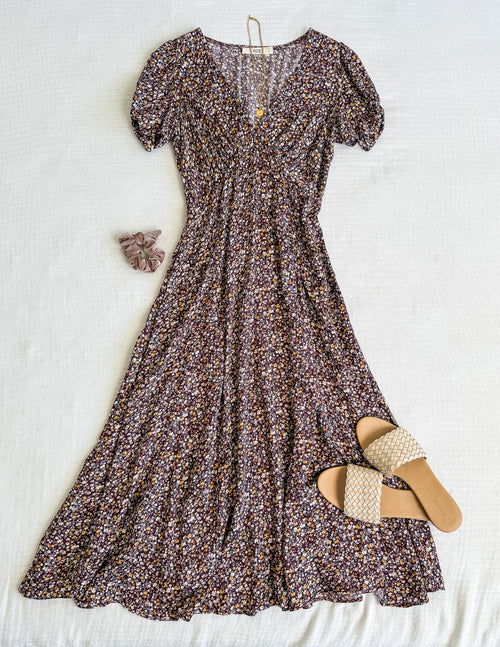






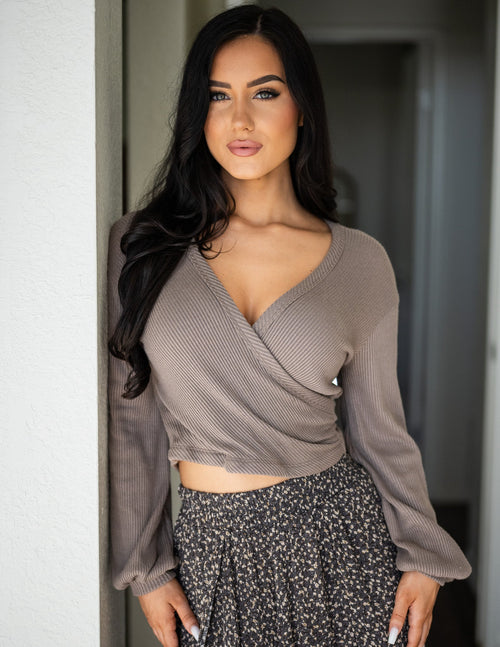
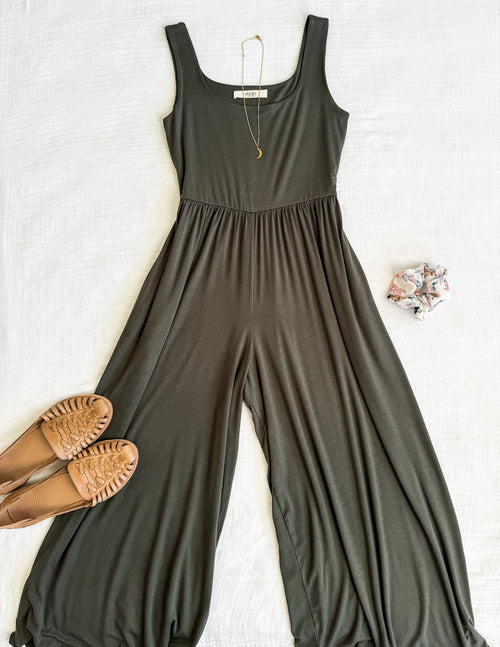

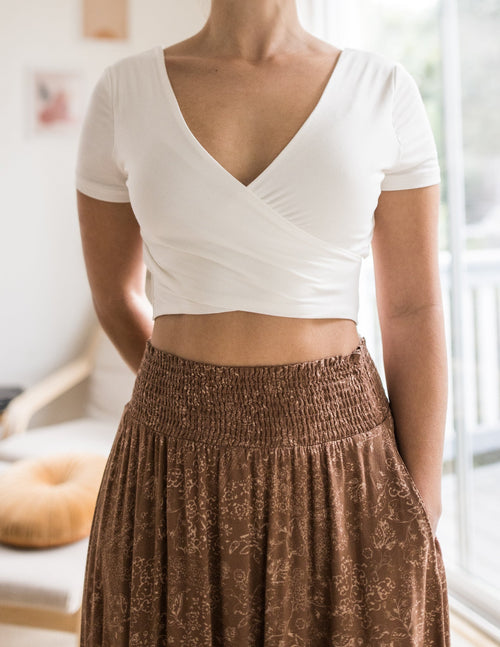
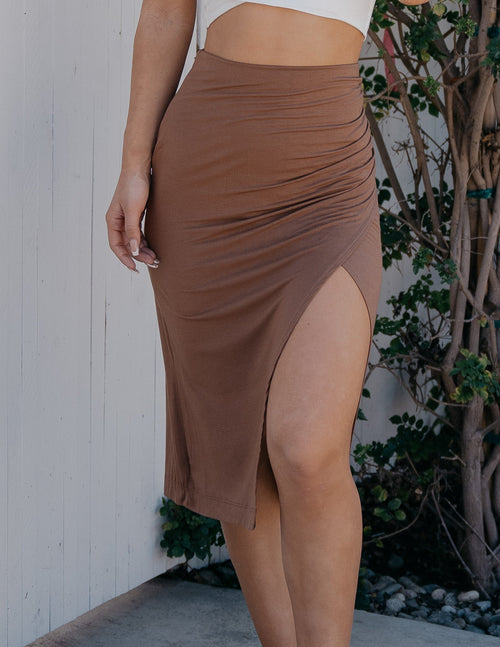




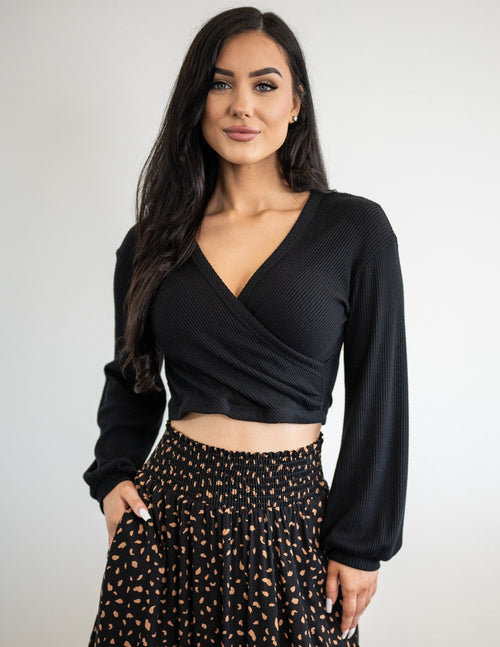

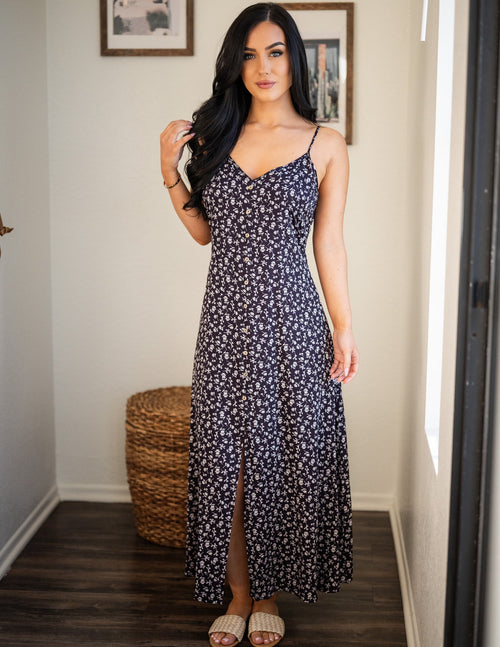
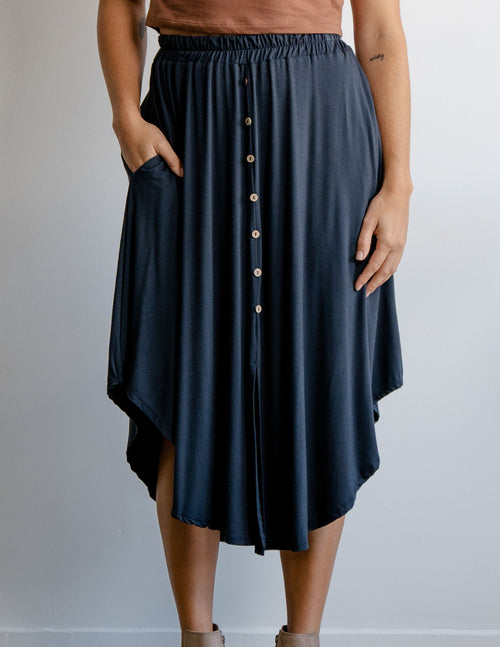





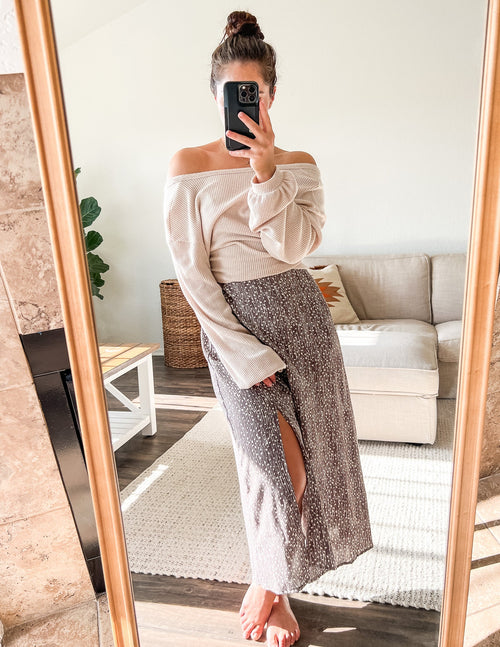


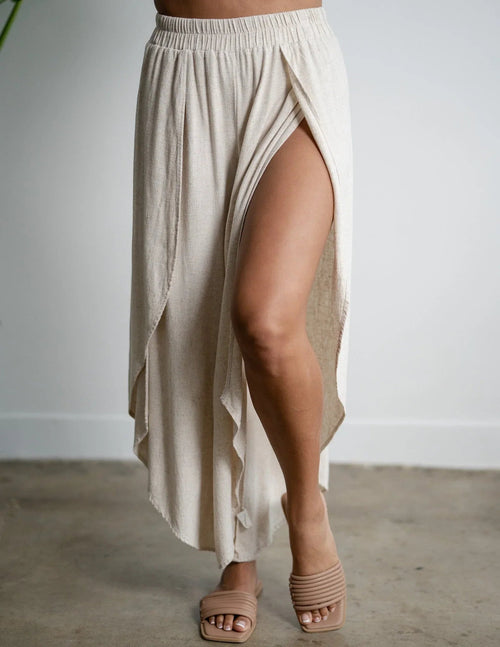







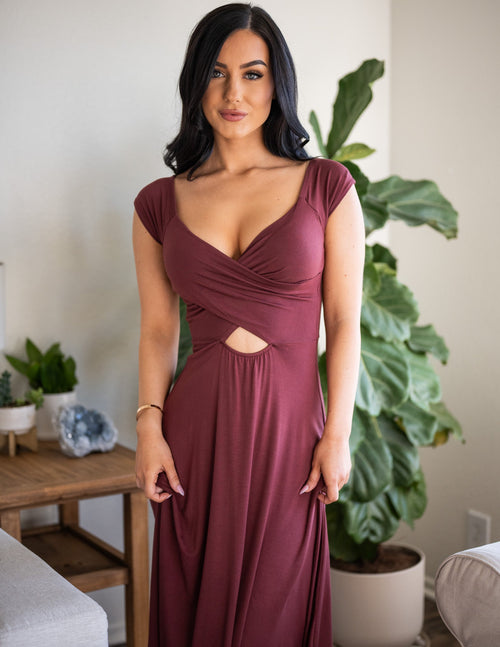
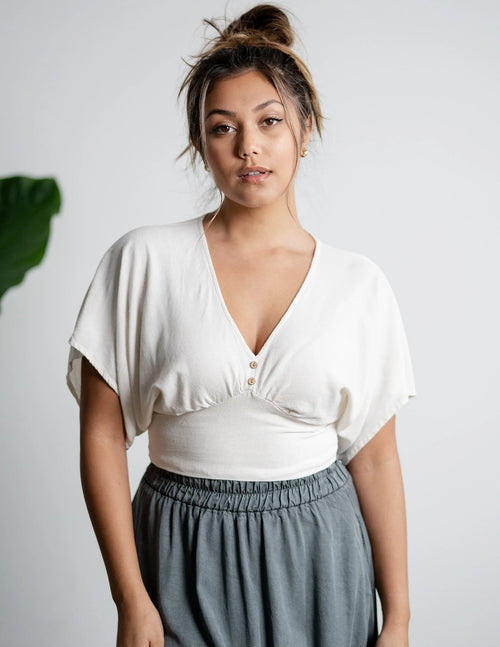
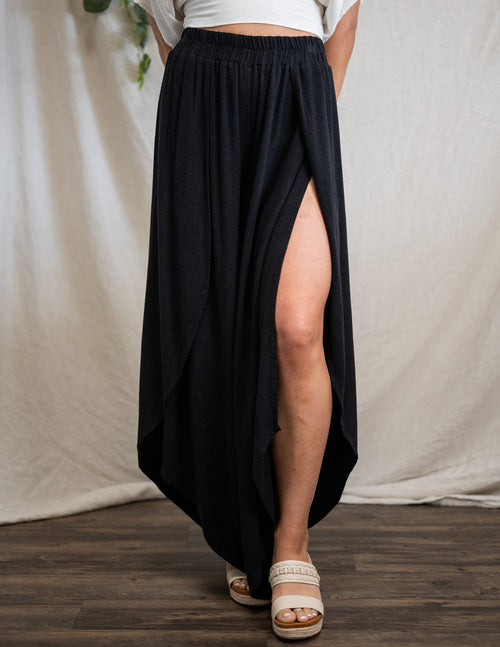

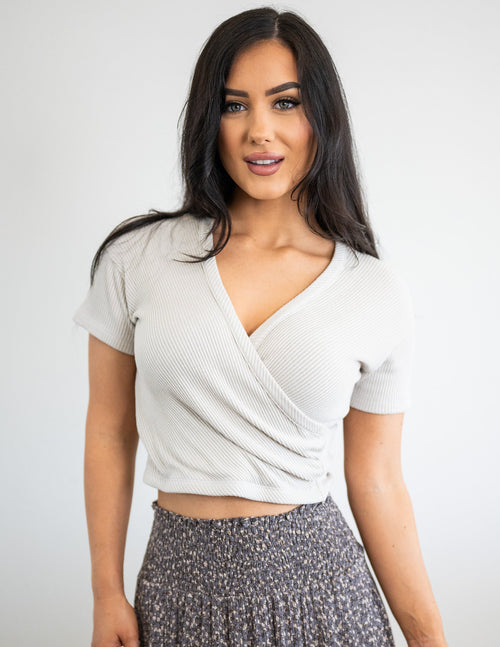

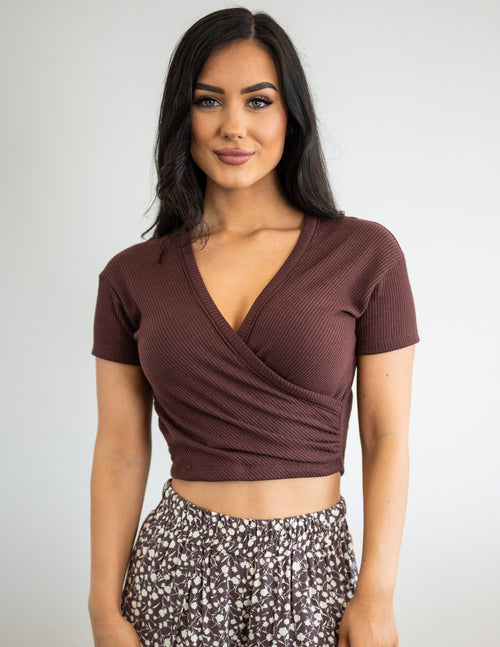



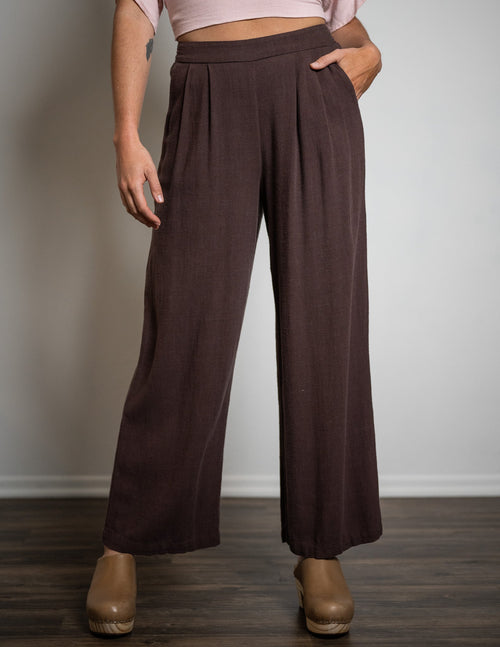










 TOP
TOP
